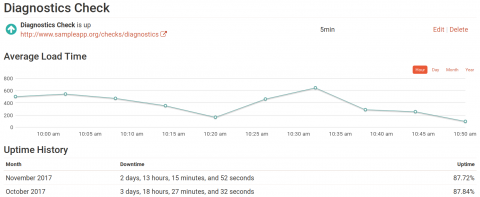GitLab Integration and More New Features at Honeybadger
As fall arrives, our thoughts turn to cozy sweaters, pumpkin-spice lattes, and wicked new Honeybadger features. We're particularly proud of our new GitLab integration. More and more people are moving to GitLab these days, drawn by the privacy of a self-hosted solution or by its growing suite of developer tools. With this release Honeybadger supports your self-hosted or managed GitLab, just like we've always supported GitHub and BitBucket.











